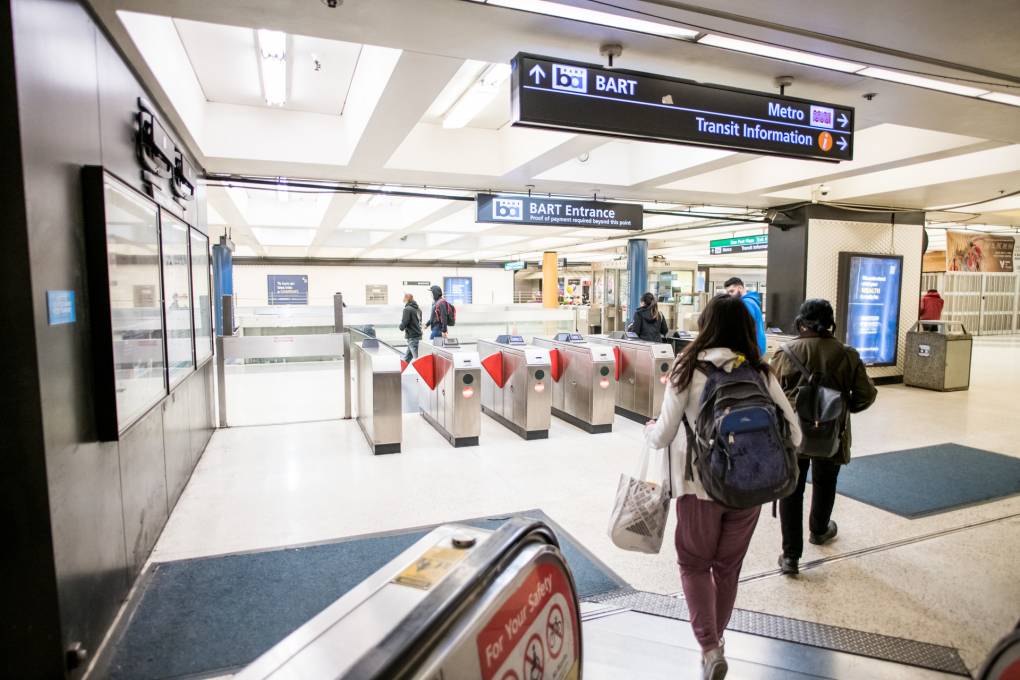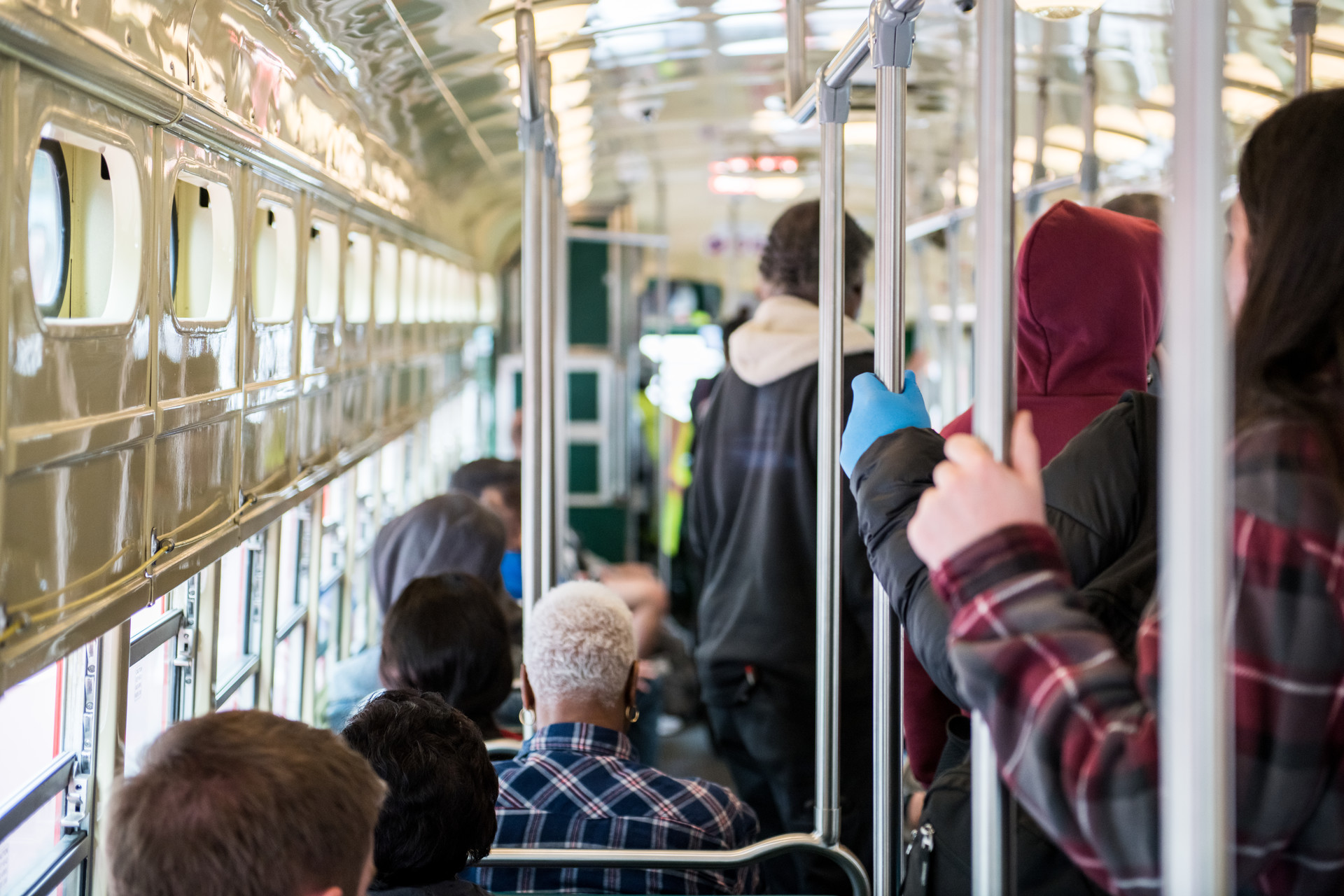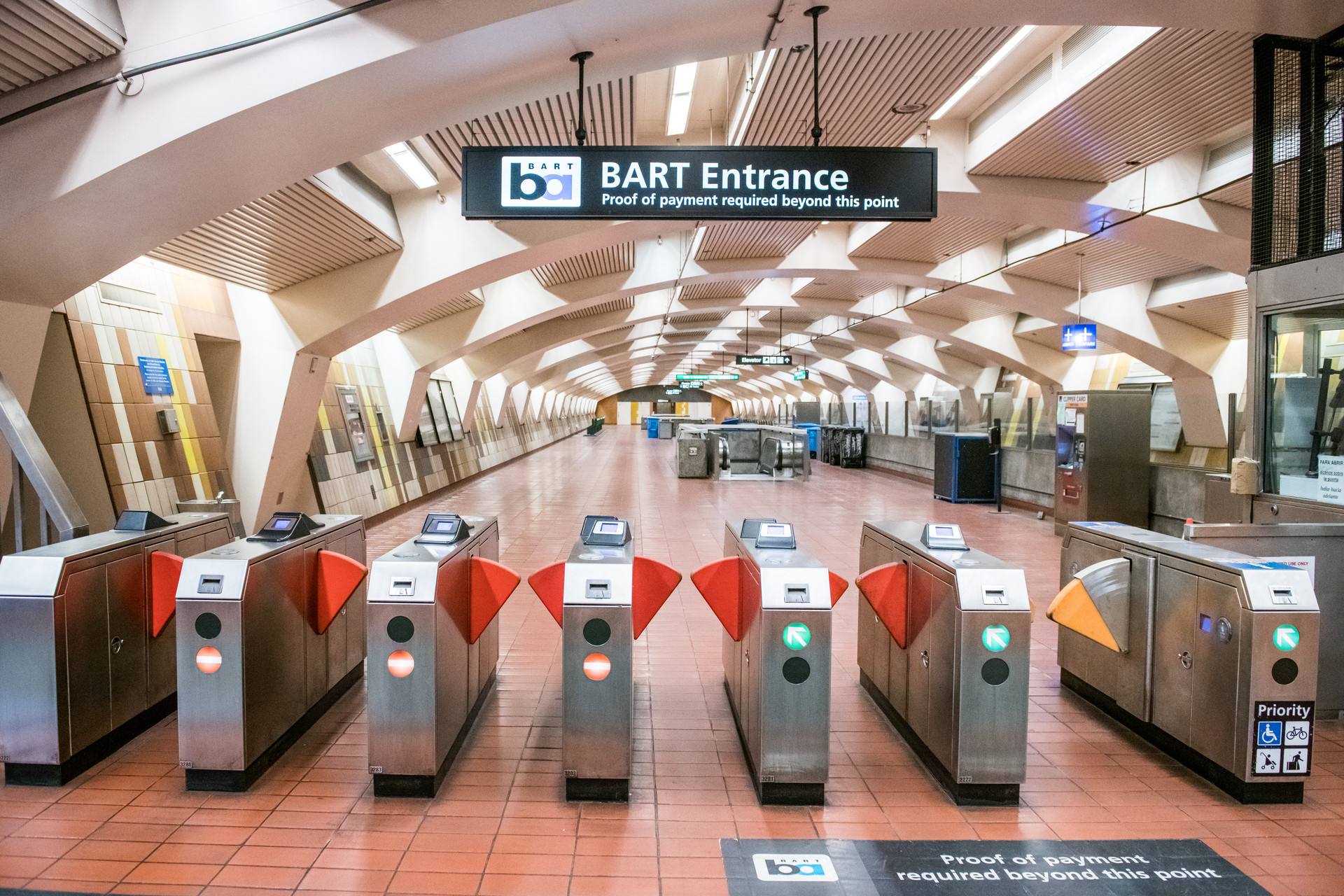Stay up to date on the latest developments on mask mandates in the Bay Area with our daily newsletter. Sign up for the News Daily here.
Updated 2:45 p.m. Friday, July 29
The BART board of directors approved a resolution Thursday night reinstating a mask requirement on the transit system effective immediately.
After a federal judge in Florida struck down an order from the Centers for Disease Control and Prevention requiring masks on public transit nationwide, BART broke ranks with most other operators in late April and adopted its own mask mandate. The agency allowed that requirement, which was incorporated into its customer code of conduct, to lapse on July 18.
Board member Bevan Dufty proposed renewing the mandate because of the highly contagious nature of the currently dominant coronavirus variant.
“I think COVID is at its most transmissible right now, and I think our responsibility is to stay the course and to ensure our riders, many of whom are immunocompromised, are safe and feel welcome in our system,” Dufty said.
Pushback came from board members Robert Raburn of Oakland and Debora Allen of Clayton. Raburn argued that mask mandates are not supported by current guidance from health authorities. Allen questioned the wisdom and effectiveness of having BART police enforce a mandate.
After hearing public comment, the board agreed to reinstate the mask requirement through Oct. 1 by a vote of 7-2. The board will consider extending the mandate further at its Sept. 22 meeting.
AC Transit is the only other major Bay Area transit agency currently requiring riders to wear masks.



